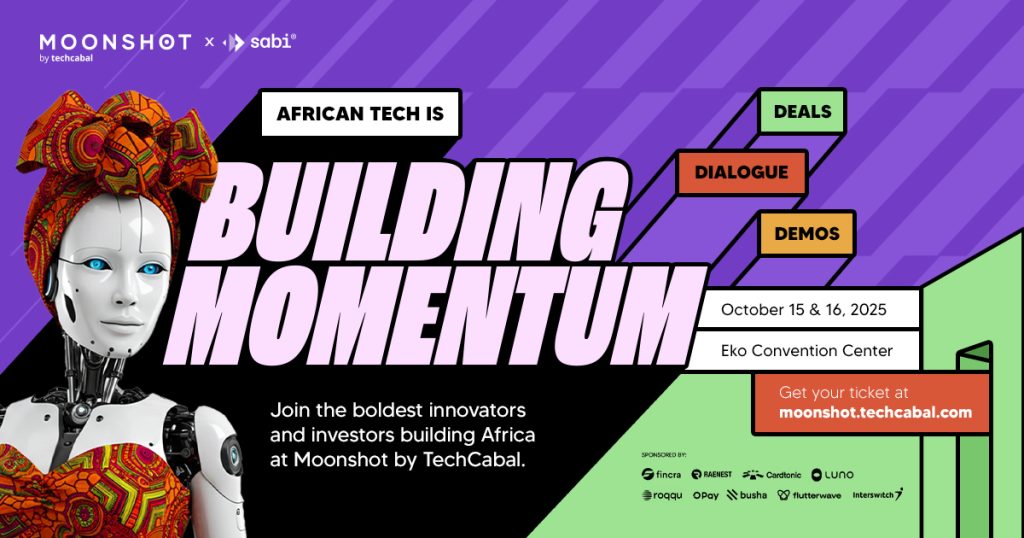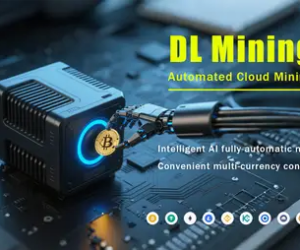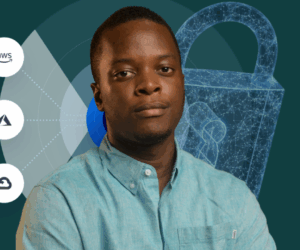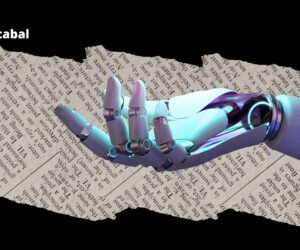Mark Irozuru is a DevOps Engineer with years of experience designing, automating, and scaling infrastructure for blockchain and Web3 systems. Currently the DevOps Lead at Botanix Labs, a Bitcoin-based blockchain company, he builds reliable systems that power Bitcoin’s evolution as a global currency.
A graduate of Bournemouth University’s Cybersecurity and Human Factors programme, Mark has worked at the intersection of security, scalability, and decentralisation, leading infrastructure projects that have achieved 99.9% uptime, supported 10x transaction growth, and handled over 10 million testnet transactions. Beyond engineering, he’s a mentor, speaker, and advocate for Africa’s tech ecosystem, driven by a passion to simplify complex systems and inspire the next wave of innovators.
- Explain your job to a 5-year-old.
Imagine you have a big Lego castle that you want your friends to play with every day, you’re like the castle keeper who has special jobs: the builder helper and the castle doctor.
When your friends build new rooms or additions to the tower for the castle, you help them add those pieces really quickly and safely. You make sure the pieces fit accordingly and do not disrupt the original state of the castle. You have those tools that make adding new stuff easy and super fast. In addition to all these, you watch the castle every day and night to make sure it never collapses or falls over.
Whenever there’s an issue with the castle, you fix it right away, and you make sure lots of your friends have a nice experience playing with the castle at the same time without it breaking.
- What’s the hardest thing about building a blockchain infrastructure and keeping it reliable?
Things can fail in unpredictable ways, not just crashing. Most infrastructure work is “make it fast and keep it up.” Blockchain infrastructure is “make it perfect, provably secure, and don’t break the chain’s history, and also keep it fast and always up.”
In blockchain, you can’t just rely on one server or one database like in traditional systems; everything has to work across many nodes.
- What’s one mistake engineers make too often when building for scale?
I think a common mistake in the industry when building for scale is over-optimising in the early stages. They focus on complex, scalable solutions before understanding the actual needs of the workload. This just leads to early crazy complexity, increased developer time, and high maintenance costs.
- If you could redesign one thing about Bitcoin, what would it be?
I’ll try to simplify UTXO management. In essence, I’ll keep the UTXOs at the protocol level but give developers APIs that don’t require a PhD in Bitcoin internals to build reliable systems.
- What’s the most underrated DevOps tool you swear by?
Costgraph.
- You led a team from Bournemouth University to victory at Ocean Hackathon, what did that win teach you about teamwork?
It taught me that teamwork is essential to progress.
At Ocean Hackathon, we had limited time, diverse skill sets, and a complex challenge. What made the difference wasn’t just technical skill; it was clear communication, mutual respect, and quickly figuring out who should own what.
We didn’t try to do everything ourselves. We trusted each other to deliver, and we kept the goal focused and straightforward. That experience reminded me that great teamwork isn’t about having all the answers; it’s about creating an environment where the best ideas can surface and move fast.
- What’s the best part about working in Web3 right now?
The flexibility of remote work and working in progressive tech. The best part is knowing you’re building the future, and it’s still early enough to shape it.
In Web3, the rules aren’t all written yet. That means there’s room to innovate, experiment, and push boundaries in ways you just can’t in more mature industries. Whether it’s scaling Bitcoin infrastructure or rethinking financial access, you’re not just following trends, you’re helping define them.
- What’s one piece of tech advice you’d give your younger self when you were first learning C++?
Take that work as seriously as possible. Don’t just focus on making the code work; focus on understanding why it works.
When I was first learning C++, I was so eager to get things running that I sometimes skipped over the fundamentals. But over time, I learned that real progress comes from slowing down, reading error messages carefully, and digging into how memory, pointers, and the compiler actually work.
It’s not about writing perfect code from the start; it’s about building strong mental models that’ll help you debug and design better systems later on.
- If reliability were a person, what kind of teammate would they be?
Reliability would be the teammate who shows up at 3 am without complaining. They’d be the teammate you can always count on to show up prepared, on time, and ready to deliver.
- Outside code and clouds, what keeps you grounded?
Hitting it at the gym. My friends and family.
Mark your calendars! Moonshot by TechCabal is back in Lagos on October 15–16! Meet and learn from Africa’s top founders, creatives & tech leaders for 2 days of keynotes, mixers & future-forward ideas. Get your tickets now: moonshot.techcabal.com









